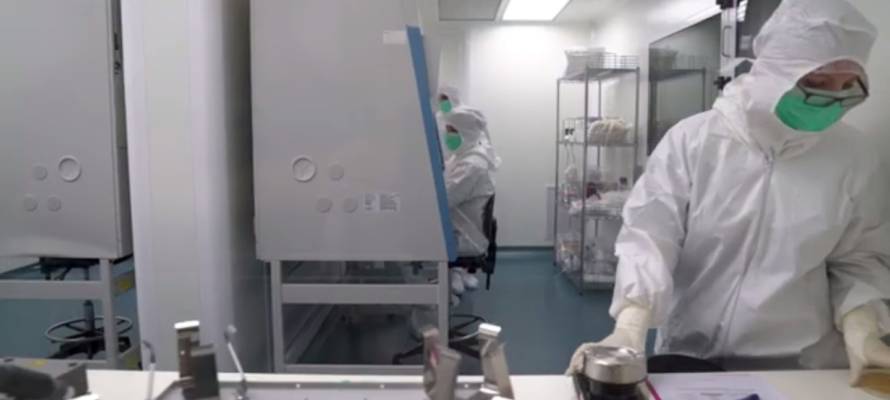Israeli company that grows bones makes surprise development of new drug that helps treat the severe respiratory problems of people with coronavirus.
By Yakir Benzion, United With Israel
The Israel biomedical company Bonus BioGroup, which focuses on growing human bone grafts, discovered a new drug that in a pre-clinical trial showed success in treating the acute lung inflammation found in those seriously infected by the coronavirus, The Marker financial newspaper reported.
The new drug, MesenCure, showed great success in a study on animals by Bonus, whose corporate name is a play on the word Bone – the company’s main focus of research.
“Most corona patients have died of life-threatening pulmonary failure. We can prevent [this outcome],” said Bonus founder and CEO Dr. Shai Meretski. His company specializes in some very cool cellular research for help in growing bones.
Meretzki explained that when the coronavirus crisis started, the company realized they although weren’t experts in vaccines, the same cells they use for bone building might be used to regulate the activity of the immune system and prevent over-activity. When reports showed that most corona patients died from acute respiratory distress, the thought occurred that they might be able to use their technology on a cellular level to help them recover.
MesenCure is designed to treat patients with life-threatening respiratory ailments, such as severe pneumonia, whose symptoms are very similar to coronavirus sufferers.
The company reported that tests on animals with symptoms of pneumonia were successful and that more work is being carried out to determine if it will be effective against the coronavirus.
“We haven’t tested the treatment for the current coronavirus,” Meretski said. “For us, no matter what causes pulmonary failure – whether it is a toxin, a bacterium or a virus – our goal is to treat the lung itself.”
He said even if the coronavirus mutates and a new vaccine is needed, MesenCure could possibly be used to treat pulmonary failure not just in coronavirus cases, but from other diseases as well.
It will take several months before Bones gets approval to start human trials. Meretski believes that regulators are more likely to give approval seeing the success achieved so far.
